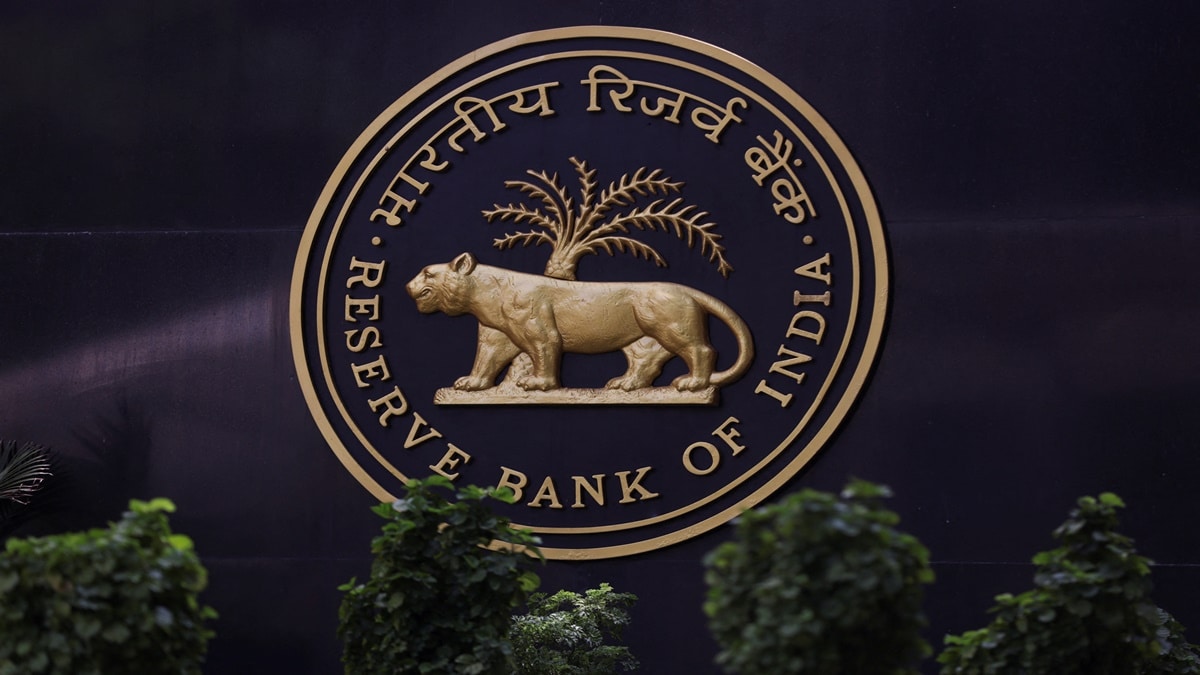RBI Considers Stricter Regulations to Address Mis-selling Issues

The Reserve Bank of India (RBI) is contemplating stricter regulations to combat the mis-selling of financial products, particularly where customer suitability is disregarded. Deputy Governor M. Rajeshwar Rao expressed concerns that such practices could erode trust in financial systems designed to provide security. To address these issues, the RBI is considering enhanced disclosure requirements, stricter suitability frameworks, and mandatory audits of sales processes by regulated entities. The move comes amid a significant rise in consumer complaints, prompting the RBI to strengthen grievance redress mechanisms.
Addressing Mis-Selling in Financial Products
The RBI is taking a firm stance against the mis-selling of financial products, which has become a growing concern in the industry. Deputy Governor M. Rajeshwar Rao highlighted that neglecting customer suitability and appropriateness in sales practices could lead to a decline in public trust in financial schemes. He emphasized the need for regulated entities to reassess their sales processes and identify gaps that contribute to this trend. The central bank is exploring the implementation of stricter disclosure norms and product suitability assessments, particularly for vulnerable or first-time users. Rao pointed out that a “one-size-fits-all” approach is inappropriate for products aimed at these groups, stressing the importance of ensuring that financial inclusion does not come at the expense of product appropriateness.
Enhancing Grievance Redress Mechanisms
In response to a 33% increase in consumer complaints over the past year, the RBI is considering improvements to its grievance redress mechanisms. Rao noted the rising number of complaints received by the ombudsman, indicating a pressing need for more effective complaint handling processes. The RBI is contemplating the introduction of time-bound resolutions and automated tracking systems to streamline the complaint process. Additionally, the central bank may impose penalties for non-compliance with the revised grievance norms, aiming to foster a more responsive and accountable financial environment for consumers.
Financial Inclusion as a Strategic Necessity
During a recent financial inclusion forum, Deputy Governor Rao articulated the importance of viewing access to finance not as a charitable act but as a strategic investment in the nation’s economic and social development. He criticized lenders who, despite having access to low-cost funds, charge excessively high margins compared to industry standards. Rao’s remarks underscore the necessity for a more equitable financial landscape that prioritizes the needs of all consumers, particularly those from vulnerable backgrounds. The RBI’s focus on product suitability and fair pricing is intended to enhance financial inclusion without compromising the quality of financial products offered to consumers.
Regulating Technology in Financial Services
The RBI is also looking to update its guidelines concerning the use of emerging technologies such as artificial intelligence (AI), machine learning (ML), and blockchain in financial services. Rao emphasized that responsible innovation must adhere to principles of fairness, transparency, and data protection. The central bank is moving closer to implementing the proposed Unified Lending Interface, which aims to streamline lending processes and improve access to financial services. By establishing clear regulations around the use of technology, the RBI seeks to ensure that advancements in the financial sector benefit consumers while maintaining the integrity of the financial system.
Observer Voice is the one stop site for National, International news, Sports, Editor’s Choice, Art/culture contents, Quotes and much more. We also cover historical contents. Historical contents includes World History, Indian History, and what happened today. The website also covers Entertainment across the India and World.
Follow Us on Twitter, Instagram, Facebook, & LinkedIn

